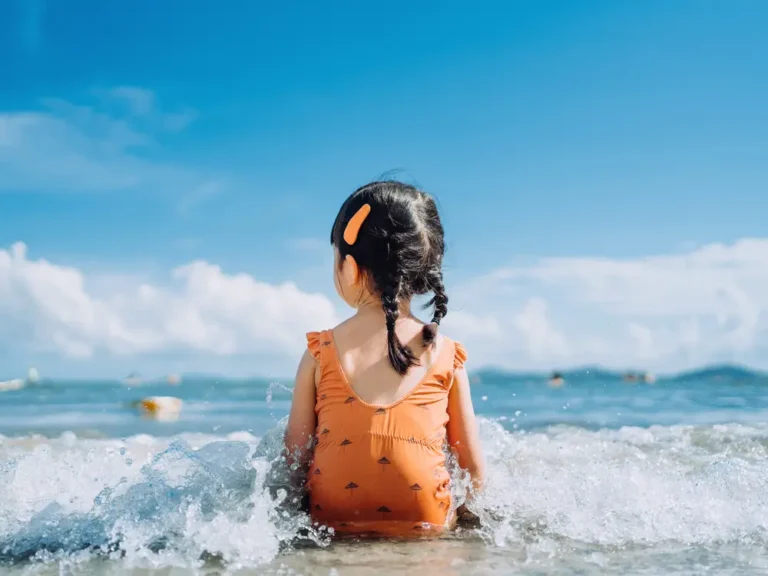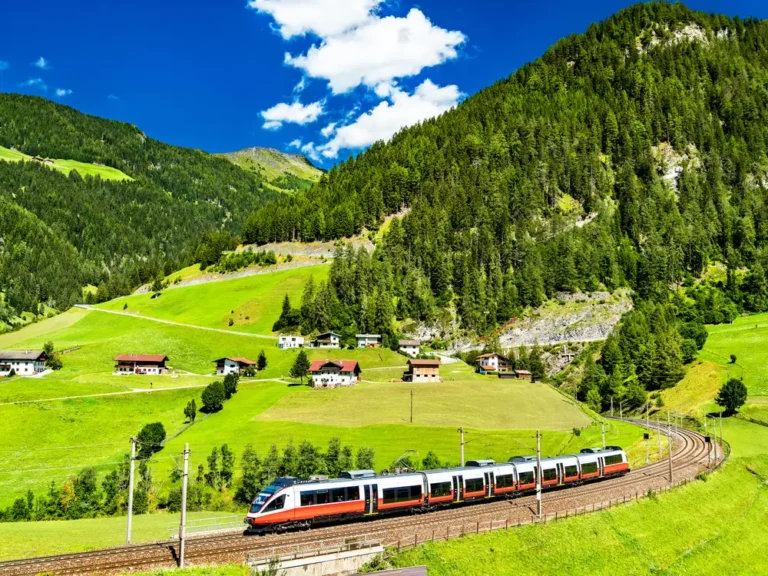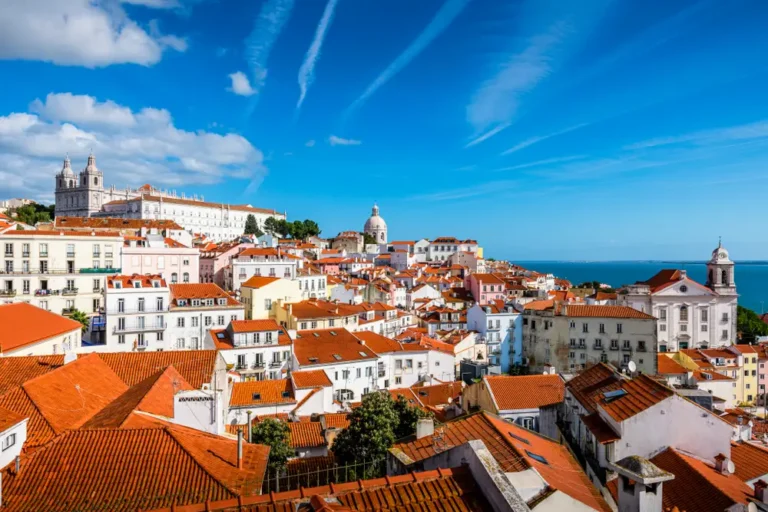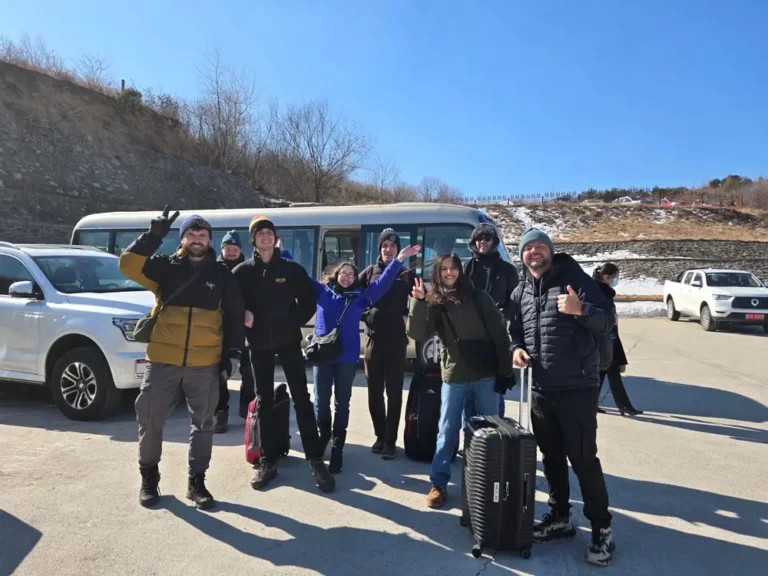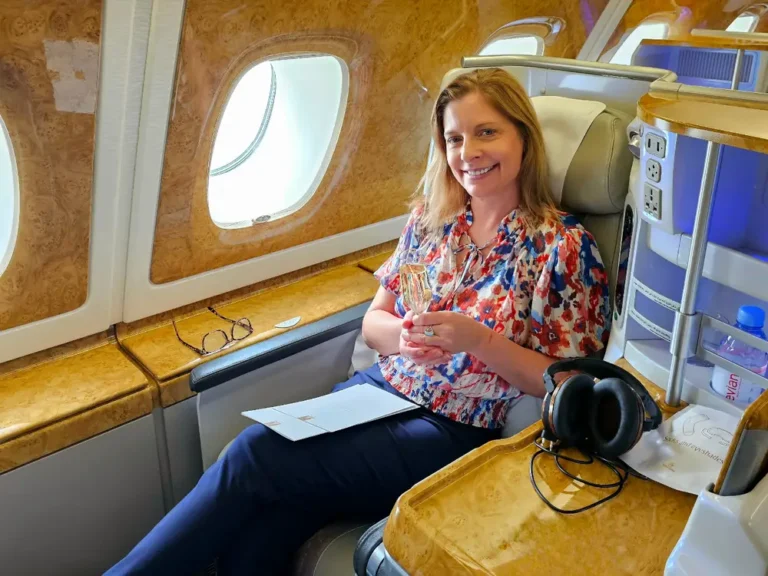Disney World employees felt pressured to stay and work despite forecasts of looming tornadoes and flash floods in the hours leading up to Hurricane Milton

As Hurricane Milton neared, Disney had to balance safety for guests and staff — and the company’s bottom line.
Rain began falling over Orlando early Wednesday morning as Hurricane Milton barreled toward the Sunshine State. Forecasts predicted violent winds, flash flooding, and tornadoes to reach the region by late afternoon.
The Walt Disney World Resort was still open for business.
“Everyone was in a rush to get out of there, and it was scary not knowing how the weather was going to be on the ride home,” a parks worker told B-17.
B-17 spoke to four employees who work in the various parks at Disney World. They expressed their disappointment with how the company managed scheduling, logistics, and safety precautions in the hours leading up to Hurricane Milton’s arrival, from refusing to cancel work as weather conditions worsened to engaging in what sources described as infrequent communication that left employees feeling like they were flying blind.
These workers — called “cast members” — requested their names and roles remain anonymous, citing fears of possible reprisals from Disney. Their identities are known to B-17.
Shutdowns are costly: Before the storm, Goldman Sachs estimated the hurricane could cost Disney’s lucrative parks division up to $200 million. The company also had to balance workers’ well-being with serving eager guests who pay thousands for what can be once-in-a-lifetime experiences.
Workers stayed well into the afternoon to close things up
Disney closed its four parks early on Wednesday due to the storm. Hollywood Studios and Animal Kingdom closed at 1 p.m. for guests, and Magic Kingdom and Epcot closed at 2 p.m.
Even before closing, though, the parks started to feel like wet and rainy ghost towns, cast members told B-17. Attendance at Magic Kingdom, the park best known for its storybook castle, dwindled to roughly 10%, the first employee estimated.
“I wish the park wouldn’t have opened up for the day at all,” the employee added.
Still, workers told B-17 that staff were expected to stay on hand through and after closing to help batten down the hatches, which left some feeling unsettled and unsafe.
By around 2:45 p.m., when one of the workers said they left, Orange County, where Disney World is located, was already under a state of emergency and a tornado warning. Officials said drivers could face danger from flooding, and the forecast warned of tropical storm force winds reaching 45 to 65 mph.
In addition to those who spoke with B-17, people who identified themselves as Disney parks workers took to social media, posting on TikTok and X, voicing similar complaints and sharing what it was like working in a mostly-empty amusement park as the tempest closed in.
In a statement, a Walt Disney World spokesperson said the company prioritizes the well-being of those on park grounds.
“Safety is always our first and most important factor when making decisions that will affect our cast members and guests,” the statement read, “and throughout the storm, we provided frequent and timely updates on our changes to make sure they returned home hours before the worst of the weather reached Central Florida.”
Workers faced a dilemma
To look after stranded guests, Disney runs a special “ride-out” program, where staffers collect slightly extra pay than the norm by volunteering to work hotel duty during a storm. The Disney spokesperson said that roughly 5,000 cast members in Florida volunteered to work ride-out shifts.
But parks workers who spoke to B-17 pointed out that ride-out shifts happen when workers put their hands up to complete them, and come with a room where employees can sleep during a storm. That’s different from the shifts that cast members worked.
Some cash-strapped employees felt like they couldn’t afford the luxury of skipping out on a chunk of their pay, sources said.
At Disney World, workers’ minimum wage starts at $18 an hour. On Wednesday, some employees faced a dilemma: Work until their managers told them their shift was done, even if it meant staying in the face of dire weather forecasts, or leave early but accept fractional pay only for the hours they worked.
“They were like, ‘We need our money. We want our money,'” recalled the first parks worker, who completed a full shift and only learned about the pay reductions by reading an explanation of the policy that someone had scrawled on a board backstage.
Those who stayed a full shift said they wished they’d had more time to get gas and groceries before the storm came ashore. The Disney spokesperson said gas stations were open on the property specifically for cast members, but three of the parks employees who spoke to B-17 said they hadn’t heard of such a service.
“No one I know knew anything about that,” said a second employee, adding, “I tried to get gas on property on Tuesday and was unable to,” since the pump was empty.
Disney also closed several hotels — including Fort Wilderness Resort & Campground, the Copper Creek Cabins at Disney’s Wilderness Lodge, and the Treehouse Villas at the Saratoga Springs Resort & Spa — at 11 a.m. Wednesday.
An employee at one of those properties said some managers instructed staffers to stay for another four hours, until 3 p.m,. to complete a full shift — even though, by midday, the rain was coming down hard, and there was almost nothing to do on the job.
Back to work
While Disney’s parks remained closed to guests Thursday, B-17 viewed a screenshot of an internal communication showing that the company expected some workers to participate in Thursday’s clean-up efforts.
“After the storm, we may need Cast to help with post-storm recovery efforts,” read the message, which was posted on Cast Life, an app Disney uses to share mass updates with staffers. “Cast scheduled to work on Oct. 10 — even in areas that will not be opening to Guests — should continue to call local area Cast Hotlines and check their schedule on Disney Cast Life Web / App for information regarding their schedule.”
“The fact that they not only expect me to call but potentially go out in the parks to clean up is crazy,” the second Disney employee said, adding: “It’s sickening.”
Ultimately, this person elected not to go in on Thursday, regardless of whether they would face consequences.
“I don’t feel safe driving at 7 a.m. tomorrow when this is all over,” they said on Wednesday evening. “Orlando is just unique because, yes, we are inland, but we see scary rain and terrifying winds. And just because we aren’t washed away and dealing with storm surge and structural damage doesn’t mean it isn’t scary.”
When asked whether they could call the Disney coordinators to request an excuse from work, sources said it wasn’t that simple. Employees with unexcused absences have historically been slapped with “points,” or demerits on their records, they noted. A proliferation of points can lead to a reprimand and, ultimately, the potential to be fired.
“Your house could be underwater, and they would be like, ‘Well, call out and take the point,'” the second Disney employee said, recalling past hurricanes when cast members stressed about how they’d get to work.
With 80,000 staffers, the Disney World Resort is one of the largest single-site employers in the United States. It’s the crown jewel of the Disney empire, which generated $5.8 billion across its domestic parks and cruises in the three months ending June 29.

